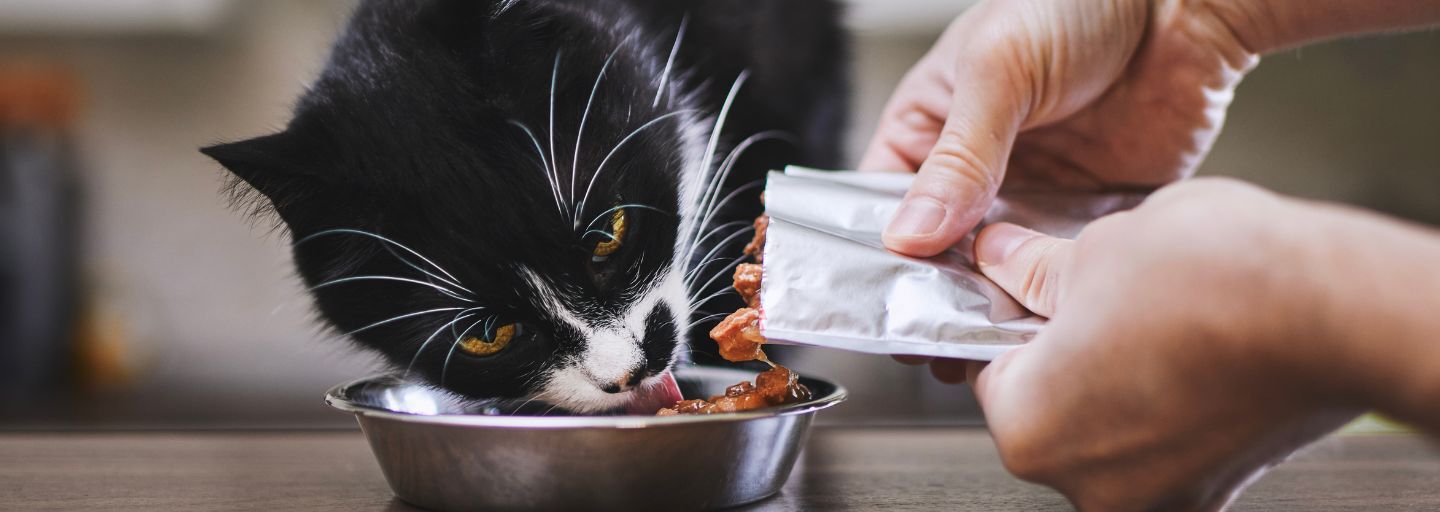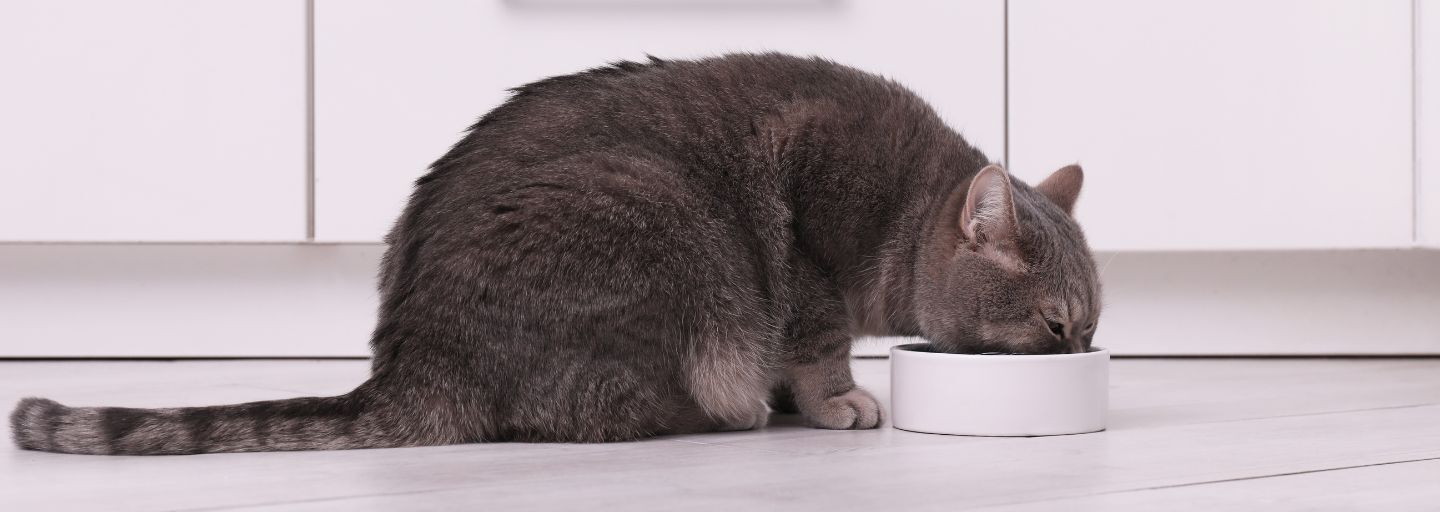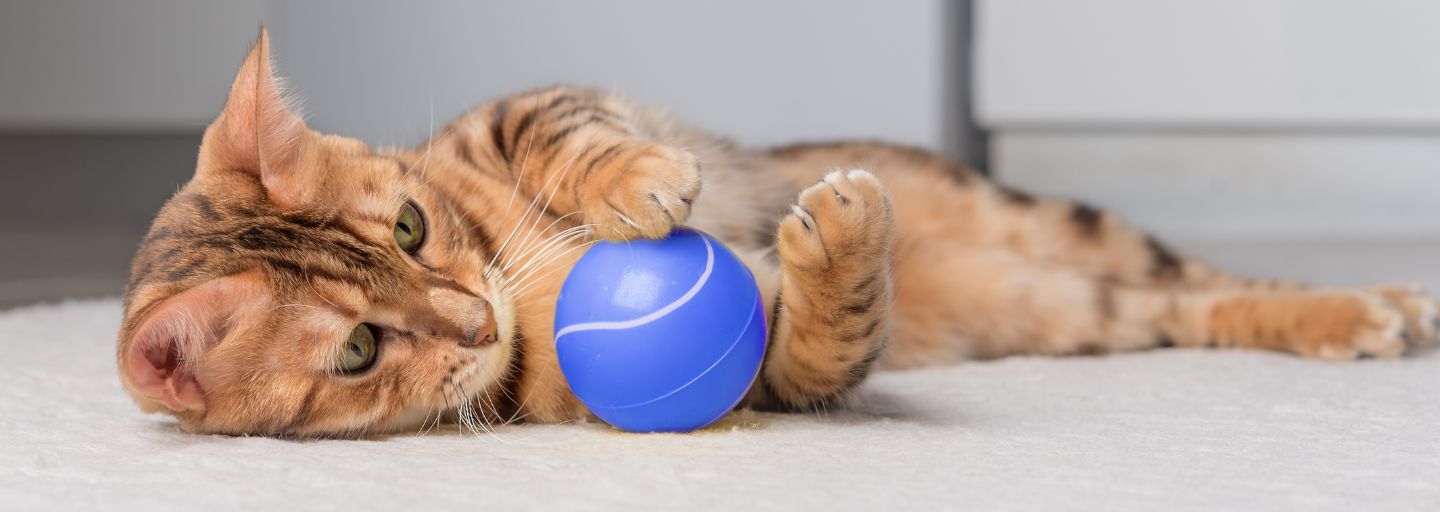When it comes to feeding our beloved feline companions, many cat owners rely on commercial cat food as a convenient and nutritionally balanced option. But have you ever wondered what exactly goes into those kibbles or cans? Understanding the ingredients in commercial cat food is essential for making informed choices about your cat's diet. Let's explore the common ingredients found in commercial cat food and shed light on their purpose and nutritional value.
Protein Sources
Protein is a crucial component of a cat's diet, as they are obligate carnivores. Commercial cat food typically includes protein sources such as chicken, turkey, beef, fish, or lamb. These animal-based proteins provide essential amino acids that cats need for healthy growth, muscle development, and overall well-being.
Carbohydrates
While cats have a limited ability to digest carbohydrates, commercial cat food often contains some carbohydrate sources. These can include grains like rice, corn, or wheat, as well as other carbohydrate-rich ingredients like potatoes or peas. Carbohydrates in cat food serve as a source of energy and can aid in the formation of kibbles or as a binder for wet food.
Fats
Fats are an important part of a cat's diet, providing essential fatty acids and concentrated energy. Commercial cat food usually includes animal fats, such as chicken fat or fish oil, which contribute to the taste and palatability of the food. Fats also help maintain healthy skin and coat, support brain function, and aid in the absorption of fat-soluble vitamins.
Vitamins and Minerals
Commercial cat food is fortified with essential vitamins and minerals to ensure a complete and balanced diet. These include vitamins A, D, E, and B-complex vitamins, as well as minerals like calcium, phosphorus, magnesium, and zinc. These nutrients are vital for various bodily functions, including immune system support, bone health, and overall growth and development.
Additives and Preservatives
To maintain the quality and shelf life of commercial cat food, some additives and preservatives may be included. These can include natural preservatives like tocopherols (vitamin E) or ascorbic acid (vitamin C), as well as synthetic preservatives like BHA (butylated hydroxyanisole) or BHT (butylated hydroxytoluene). While these additives are generally considered safe, some cat owners prefer to choose foods with minimal or no artificial additives.
Water Content
Cats have a low thirst drive and are prone to dehydration, so commercial cat food often contains a significant amount of water. Wet or canned cat food has a higher water content compared to dry kibble, which helps promote hydration and can be beneficial for cats with urinary tract issues or those who struggle to drink enough water.
Specialized Diets
In addition to regular commercial cat food, there are specialized diets available for cats with specific dietary needs or health conditions. These can include foods formulated for kittens, senior cats, indoor cats, or those with allergies, urinary issues, or weight management needs. Specialized diets often contain specific ingredients or nutrient profiles tailored to address these unique requirements.
It's important to note that the quality and nutritional value of commercial cat food can vary among brands and product lines. Reading the ingredient list and understanding the guaranteed analysis on the packaging can help you make more informed choices. Find out how to choose the best food for your feline friend. If you have specific concerns or questions about your cat's diet, consulting with a veterinarian is always recommended.
Remember, while commercial cat food provides convenience and balanced nutrition, it's essential to consider your cat's individual needs, preferences, and any specific dietary requirements. By understanding the ingredients in commercial cat food, you can make informed decisions to ensure your feline friend receives the nutrition they need for a healthy and happy life.







